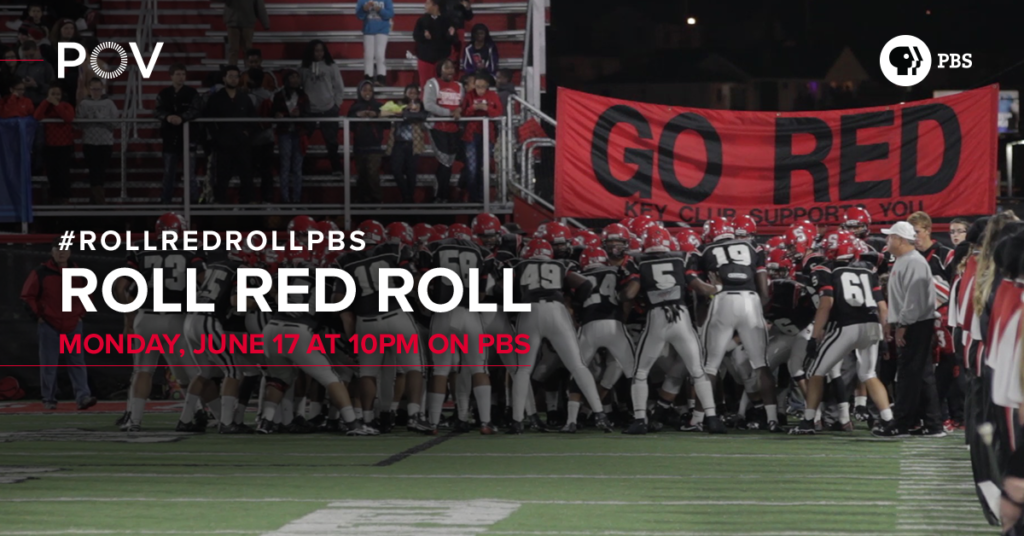Interview Excerpts: Roll Red Roll Documentary Film Director Nancy Schwartzman

Ahead of today’s debut of the Roll Red Roll documentary on PBS, Director Nancy Schwartzman spoke with Brian Pinero, former RALIANCE National Project Coordinator, about the film’s efforts to document the aftermath of the 2012 high school rape case in Steubenville, Ohio and shed light on the broader culture that normalizes and enables sexual violence. Below are lightly edited excerpts from the interview. The full podcast is available here.
In August, RALIANCE will also host a special screening of the film and panel discussion during the National Sexual Assault Conference. The panel will include Schwartzman and members of the Pennsylvania sports community to discuss the film and the role sport can play in preventing sexual violence.
Director Nancy Schwartzman on the impact of sexual violence in a community:
I’ve done anti-violence work and I know that a rape is not just between two people. It really ripples out and affects so many relationships – relationships with victim or perpetrators’ family, friends, communities, church, school. It’s a network of relationships and there’s a tear when that happens. [Steubenville] was just a microcosm of all these ripple effects.
On why she wanted to make a film about sexual violence that was not about the victim:
If we are going to change the culture, we have to look at the behavior, we have to look at the perpetrators. We have to look at the culture that enables rape because victims are on such a spectrum. It really makes no difference what a victim of violence is doing, or wearing, or drinking or not drinking. So, shifting the focus and making this film really about the boys and really about the town is new.
On what was exciting about the film reviews:
They were making references to the Kavanaugh hearings, making references to Spring Break and fraternities. I’m like, this is a film about high school football context, and I love that you’re pulling it as wide as it is.
On the need to hold others and ourselves accountable:
What’s powerful about the film and where we all need to go is to less of a call-out culture and to more of a call-in…We’ve all known about something and not done anything. We’ve all participated tacitly because this has been our culture. Our schools, our jokes, our pop culture, our television has enabled us to be desensitized…We’re all part of it, and there’s like a real fear and unwillingness to acknowledge that sometimes people you love can do really bad things.
On the important role that coaches play in prevention:
It really needs to be modeled also by coaches. It’s not fair to put all of this pressure on 16-year-olds. The adults from the top need to be modeling this is what is acceptable on my field and off the field.
On what gives her hope:[W]e decided making sure that this campaign invites men to join us…We’ve had amazing people like Wade Davis, former NFL player, openly gay, incredible. I want to be around passionate men who are working alongside us to prevent gender-based violence, that gives me hope. The women in my film give me hope. A blogger Alex Goddard, Rachel Dissell, Marianne [Hemmeter]…these are women who made this s— happen…It’s about the critical reviews from all of these men who are like we are so done with this culture. None of the reviews are an indictment of football, it’s much larger…The more allies we can bring in the more hopeful I think it is.
